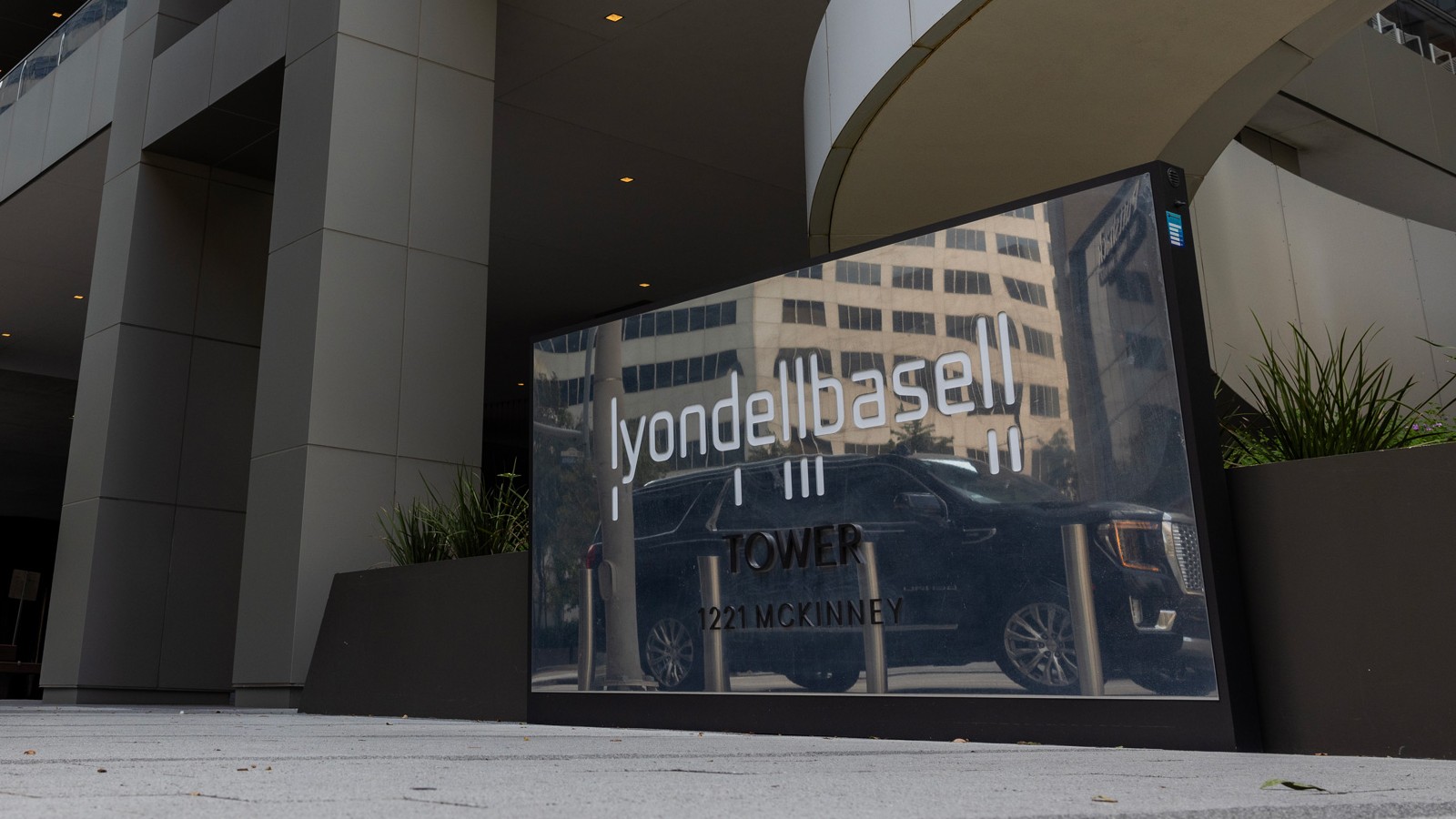Activists in both countries complain that regulators prioritize the economic well-being of polluting industries over the environment and public health.
This story was co-published with Public Health Watch and Houston Landing.
People living on the east side of Harris County, Texas, have an unlikely bond with residents of Berre-l’Étang in southern France: They all inhale toxic chemicals from plants owned by LyondellBasell, one of the world’s largest petrochemical companies.
In the summer of 2020, LyondellBasell’s 2,471-acre industrial complex in Berre-l’Étang had more than half a dozen major incidents in which flares released large amounts of chemicals into the air. Thick clouds of smoke drifted over the community of 14,000. The flares burned so brightly, photographs show, that the normally pitch-black night was replaced by what looked like a prolonged sunset. The smoke carried benzene and other toxic substances to Marseille, France’s second-most-populous city, 10 miles away.
A year later in Texas, two major chemical releases at LyondellBasell facilities in Harris County forced residents of Jacinto City, Galena Park, and neighboring towns to shelter indoors. One of those incidents killed two workers and sent dozens to area hospitals.
Last year Public Health Watch and the Investigative Reporting Workshop examined LyondellBasell’s record in Harris County, and that project made us curious about the company’s performance outside the United States. We chose to look at Berre-l’Étang because both it and Harris County are at the center of their countries’ petrochemical industries — and both struggle to balance the economic benefits they gain with the concerns of residents who are breathing noxious fumes.
In eastern Harris County, 10 oil refineries process 2.6 million barrels of crude oil a day, and thousands more facilities store or manufacture the chemicals the industry uses and produces. Petrochemical plants loom over houses and playgrounds. A terminal holding millions of barrels of chemicals is seven blocks from a middle school.
Berre-l’Étang lies in one of the most heavily industrialized areas of France, where it and nine other towns surround a 60-square-mile lake, Étang de Berre. A 2017 study of some of those towns found that 63 percent of the population had at least one chronic disease. The French national average is 37 percent.
Local officials in France appear to have even less power to deal with industrial emissions than those in Texas, where state regulations are notoriously lax. Activists in both countries complain that regulators prioritize the economic well-being of polluting industries over the environment and public health.
In 2018, Éliane Jurado, a retired teacher living in Berre-l’Étang, created a citizens platform, LibAIRté, pledging to “defend the air quality of my grandchildren until my last breath.” LyondellBasell’s 2020 flaring — a process that burns off excess gas and relieves pressure — galvanized support for the movement and forced the city government to organize a town-hall meeting.
But in the end, Jurado says, nothing happened. She left Berre-l’Étang in 2021 and is still looking for someone to take over LibAIRté’s Facebook group, which at one point had 1,300 members.
A LyondellBasell spokesperson said the company declined to comment for this story.


